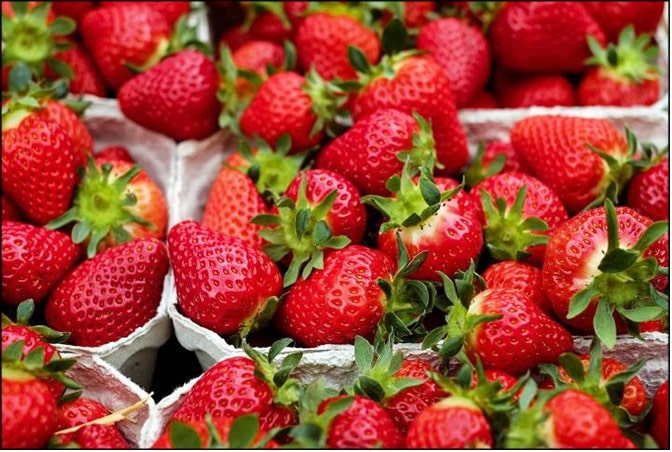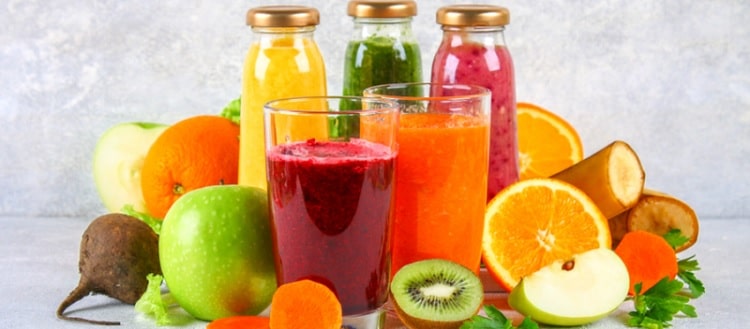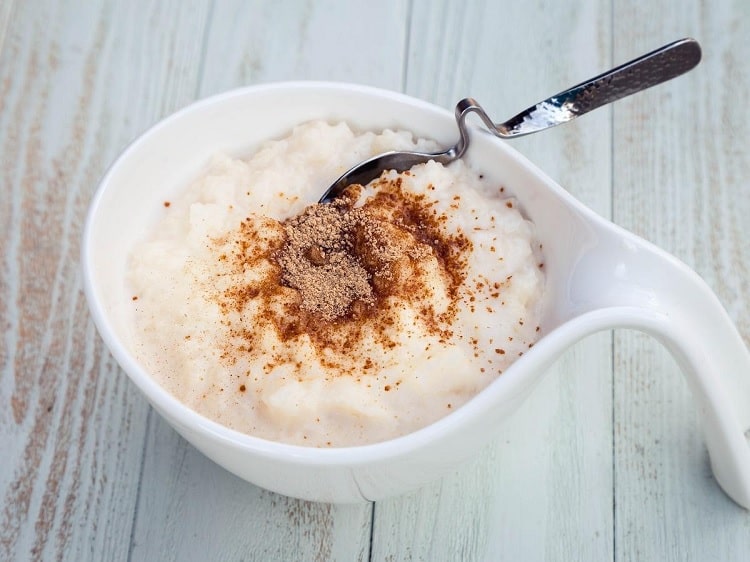What Fruits Can You Eat on Keto Diet? (Lowest to Highest Carbs)
A keto diet calls for consuming low-carb, moderate-protein, high-fat foods every day. It can be challenging for newbies because the diet prohibits the intake of many nutritious, high-carb foods. When you are on a keto diet, you should pay attention to what you eat and count your calories.
The keto diet focuses on restricting carb content to 20 – 50 grams per day to help your body achieve ketosis, where your body begins to utilize fat for energy rather than carbs.
Recent trends suggest that keto diets can be an effective way to lose weight. When your body enters the ketosis state, it can burn fat instead of carbohydrates for energy, which helps to accelerate fat loss and reduce the storage of fat.
Any food that you eat on a keto diet has an impact on your body’s ability to achieve ketosis. This is why people are skeptical about eating fruits on a keto diet. While some high-carb fruits should be avoided on a keto diet, there are several low-carb fruits that can be eaten.
In this article, we’ll cover the 11 best keto-friendly fruits and those you should steer clear of while following a ketogenic diet.
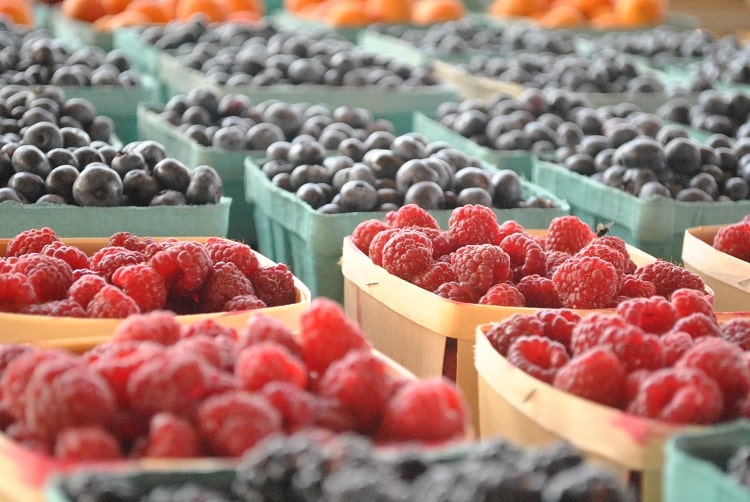
Are Fruits Suitable for a Keto Diet?
When you are on a ketogenic diet, your body is likely to enter into ketosis, a metabolic state which stimulates your body to burn fat for energy rather than carbohydrates. To achieve this ketosis state, you are required to consume low-carb, moderate-protein, and high-fat foods on a daily basis.
A typical ketogenic diet needs you to acquire roughly 70% of your calories from fat, 20% from protein, and 5% from carbohydrates. Fruits are natural candies that add flavors to your diet. You can incorporate low-carb fruits into your diet and still achieve ketosis.
It is also best to refrain from eating high-carb fruits on a keto diet due to their ability to hinder ketosis. While you start with consuming low-carb fruits on a keto diet, you should focus on consuming them in moderation to accelerate weight loss. Practicing portion control when consuming keto-friendly fruits can be beneficial for the efficiency of your keto diet.
Most keto-friendly fruits are packed with fiber, a nutrient that moves through the digestive tract undigested and lowers appetite. Hence, eating those fruits stimulates a feeling of satiety and prevents excess carb intake, which makes them suitable for a ketogenic diet.
Keto-Friendly Fruits List
There are a variety of keto-friendly options in fruits. You can include the ones that suit your goals and preference. Focusing on the net carbs of the fruits rather than counting on carbs can be more helpful in following the keto diet.
A fruit’s net carbs per serving are computed by subtracting the fiber content from the overall carb amount. Below is a keto fruit list with net carbs per serving as determined by the USDA.
- Avocado: 2.8 g of net carbs in a 150-g serving
- Lemon: 4.2 g of net carbs in a 65-g serving
- Strawberries: 5.8 g of net carbs in a 100-g serving
- Raspberries: 6.7 net carbs in a 123-g serving
- Blackberries: 6.4 g of net carbs in a 150-g serving
- Peaches: 8 net carbs in a 100-g serving
- Blueberries: 9.1 g of net carbs in a 75-g serving
- Watermelon: 7.6 g of net carbs in a 100-g serving
- Cantaloupe: 7.26 g of net carbs in a 100-g serving
- Star fruit: 4.3 g of net carbs in a 108-g serving
- Tomatoes: 4.6 g of net carbs in a 180-g serving
You can prepare a keto diet chart based on your food preference and include keto-friendly fruits to add variety to it. The nutritious, low-carb fruits can improve your digestive health, which makes them suitable for losing weight through keto diets.
What Low-Carb Fruits Can You Eat on a Keto Diet?
Fruits with more fiber and fewer carbohydrates help induce ketosis, a metabolic state where fat is burned for fuel rather than carbs. We’ll examine the health benefits of low-carb fruits that can be consumed when following a ketogenic diet.
Avocados
Avocados are creamy delights that contain 2.8 g net carbs and 10 g dietary fiber in a 150-g serving. This nutrient-dense fruit can be incorporated into your keto diet as salads, sandwich spreads, or smoothies. Avocados are packed with monounsaturated fatty acids, which are beneficial fats that promote heart health. A 2019 research published in the Journal of Nutrition found that eating one avocado a day decreased levels of oxidized LDL cholesterol in overweight and obese adults.
Avocado is loaded with essential nutrients like calcium, manganese, phosphorus, and potassium that can support your overall health. Although avocados can be eaten while following a ketogenic diet, it is preferable to do so sparingly in order to promote weight loss.
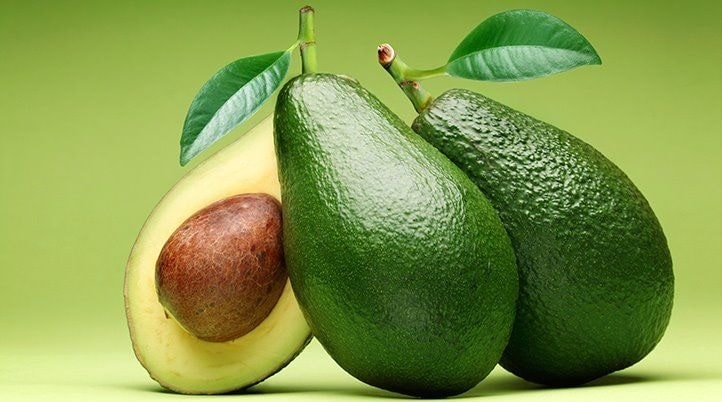
Lemons
Lemons are citrus fruits that consist of 4.2 g of net carbs and 1.8 g of dietary fiber in a 65-g serving. When added to water, lemon gives a refreshing flavor to it. The antioxidants found in lemons combat oxidative stress and prevent free radical damage.
Lemons are loaded with vitamins and minerals that promote healthy digestion and reduce the risk of aging and chronic conditions. This keto-friendly fruit is rich in vitamin C, an essential nutrient that strengthens the immune system and improves skin.
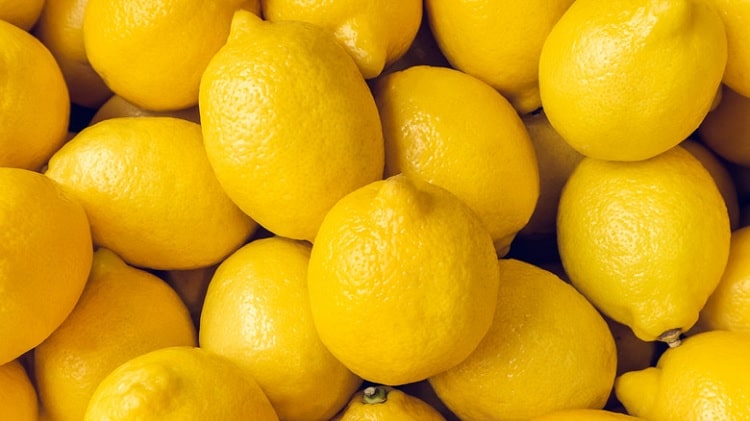
Strawberries
Strawberries are filling fruits that contain 5.8 g of net carbs and 2 g of fiber. Since they are water-dense and fiber-rich, they can prevent unhealthy food consumption and help achieve ketosis. The vitamins and minerals in strawberries are vitamin C, vitamin B9, manganese, and potassium, which boost immunity and promote heart health.
You can add strawberries to your cereal, yogurt, or smoothies to bring variations to your keto diet. The antioxidant and anti-inflammatory properties of strawberries reduce the risk of many health conditions, including heart disease. Eating strawberries can reduce insulin resistance and regulate blood sugar levels, making it beneficial for people with diabetes.
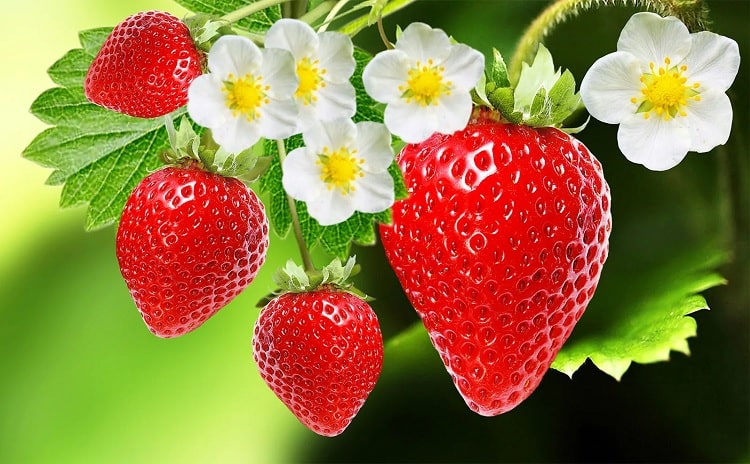
Raspberries
Raspberries are delicious fruits that consist of 5.4 g of net carbs and 1.5 g of fiber in a 100-g serving. Vital nutrients like potassium, manganese, protein, vitamins C, K, E, and iron found in raspberries stabilize your blood sugar levels and reduce blood pressure.
When you consume nutrient-dense fruits like raspberries, you’ll have a reduced risk of heart disease and type-2 diabetes. You can include raspberries in your salads to reap the nutritional advantages of the fruit.
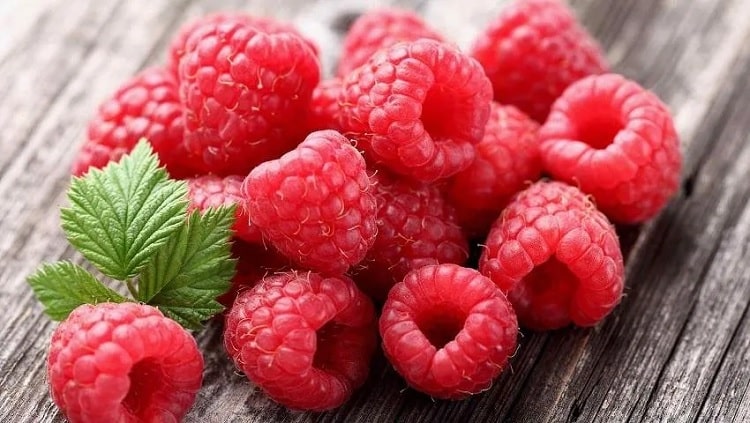
Blackberries
Blackberries can be a great addition to your keto diet plan. A 150-g serving of blackberries contains 6.4 g of net carbs and 7.5 g of fiber. The same serving size offers nutrients like vitamin C, K, manganese, and potassium that boost brain health and support oral health.
When you eat this fruit, your digestive health improves, and your blood sugar levels stabilize. You can snack on this low-carb fruit and achieve ketosis. Blueberries contain antioxidants that can reduce inflammation and support your overall well-being.
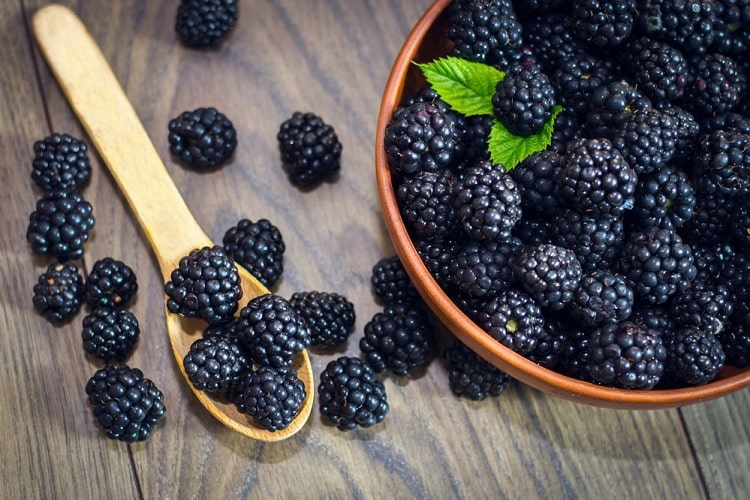
Peaches
Peaches are stone fruits that contain 8 g of net carbs and 5 g of fiber in a 100-g serving. You can pair peaches with your low-carb foods, thus including them in your keto diet plan. Peaches are loaded with micronutrients like vitamin A, vitamin C, potassium, and niacin that aid in healthy digestion and strengthen the immune system.
The soluble fiber in peaches stabilizes blood glucose and cholesterol levels. Peach is a rich source of antioxidants like vitamin C, polyphenols, and carotenoids that reduce the risk of heart disease, Alzheimer’s disease, cancer, and diabetes.
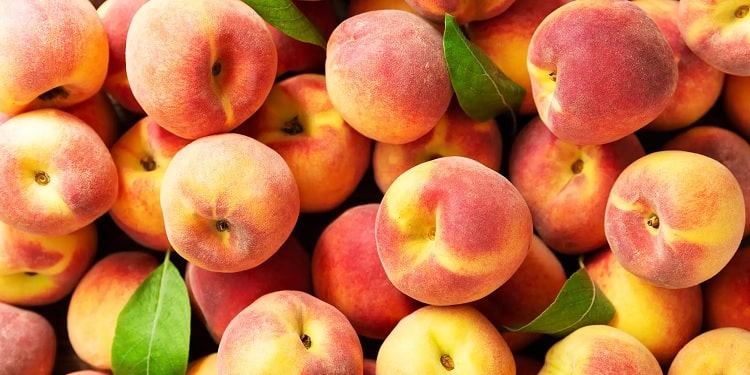
Blueberries
A 75-g serving of blueberries consists of 9.1 g of net carbs and 2 g of dietary fiber. Blueberries are rich in nutrients such as iron, phosphorus, calcium, manganese, magnesium, vitamin K, and zinc, which are essential for maintaining healthy bones.
Eating blueberries helps to maintain a healthy digestive tract, thus making it suitable for weight loss. When consumed in moderation, such as 14 cups per day, blueberries can provide a boost of key nutrients and be a healthy addition to the keto diet plan.
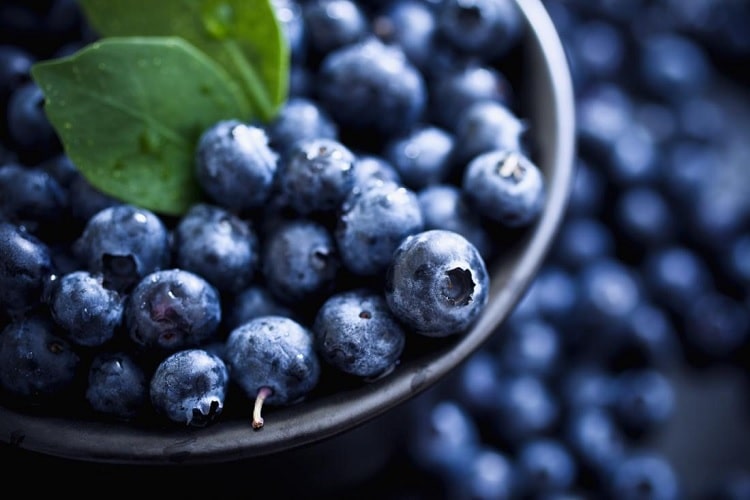
Watermelon
Watermelon is a juicy melon that contains 7.6 g of net carbs and 0.4 g of dietary fiber. Because of its high-water content, it can increase feelings of satiety and support weight loss. Watermelon can fit into your keto diet if consumed in moderation a few times each week.
The antioxidants like lycopene and vitamin C in watermelon combat inflammation and lower the risk of heart disease and type-2 diabetes.
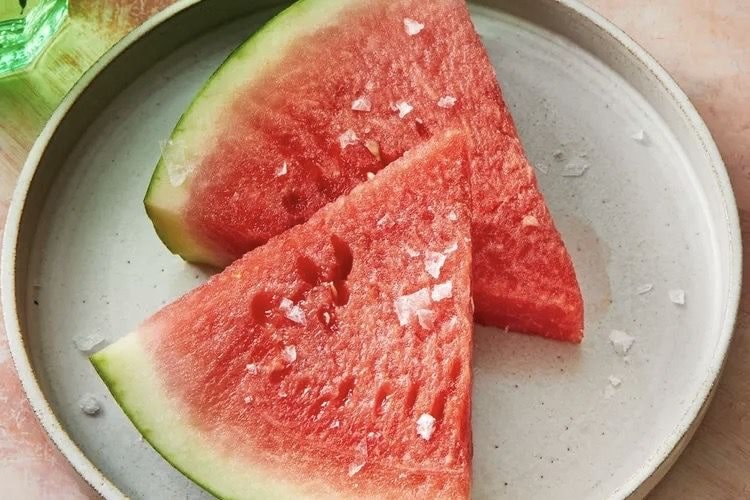
Cantaloupe
Cantaloupe is a melon that consists of 7.26 net carbs and 0.9 g of dietary fiber. The essential nutrients like potassium, beta carotene, vitamin A, and vitamin C in cantaloupe support a healthy immune system and improve nerve health.
Cantaloupe is a rich source of potassium, a nutrient that helps replenish depleted electrolytes after rigorous workouts. You can include cantaloupe in your keto diet as smoothies, salads, or sorbet. The high water content in this melon helps you stay hydrated and improves digestion.
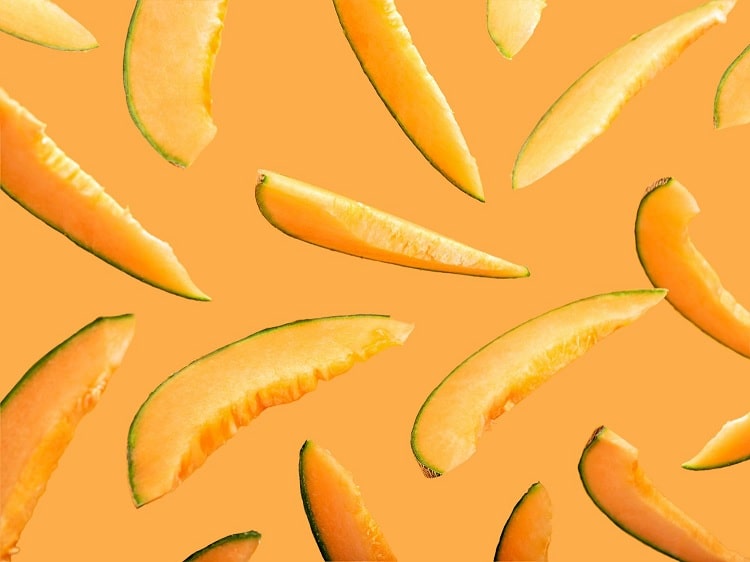
Star fruit
A 108-g serving of star fruit contains 4.3 g of net carbs and 3 g of dietary fiber. This tropical fruit can fit in well-rounded keto diets because of its low-carb content. Starfruits are nutrient-dense fruits that can strengthen your immune system and enhance heart health.
The nutrients in star fruit, like vitamin C, potassium, copper, and insoluble fiber, help reduce bad cholesterol levels and improve heart health. Star fruits also improve your respiratory health and boost immunity.
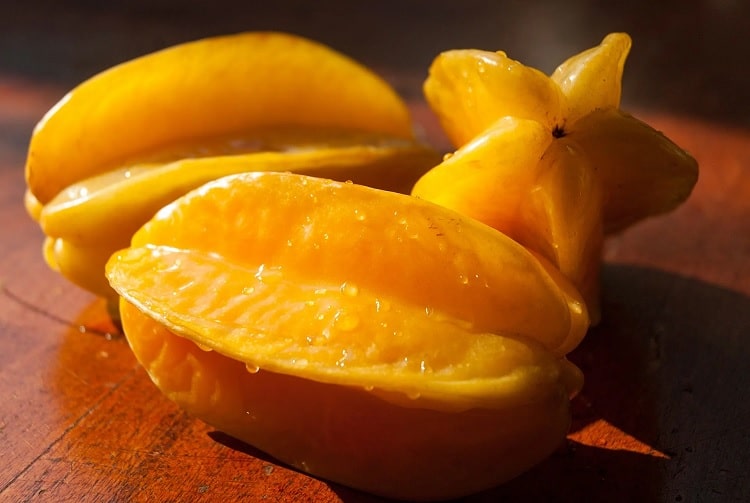
Tomatoes
Tomatoes are fruits that contain 4.6 g of net carbs and 2.2 g of fiber in a 180-g serving. There is a slew of nutritional components in tomatoes, like lycopene, beta carotene, fiber, and vitamin C, that support your overall health and reduce the risk of heart disease and cancer.
Tomatoes can fit in your keto diet plan because of their low-carb content, and you can add tomatoes to many savory dishes like soups, dips, eggs, and stews to enhance their flavor. Tomatoes are loaded with antioxidants that help boost immune function and support eye health.
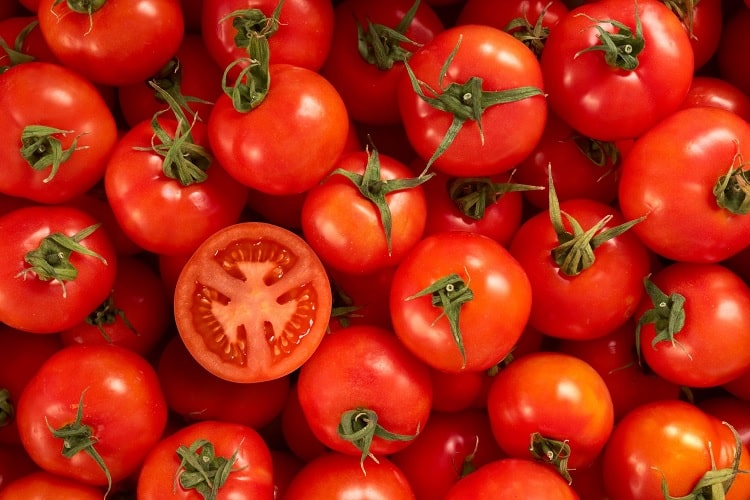
Fruits to Avoid on a Ketogenic Diet
While nutrient-dense, low-carb fruits can be included in your keto diet, it is best to refrain from consuming high-carb fruits, which can hinder ketosis. We provide you below some of the high-carb fruits you should avoid while following a keto diet. Some of them can be beneficial for your overall health, but they can obstruct ketosis due to their high-carb content.
- Bananas: 22.84 g of net carbs in a 100-g serving
- Mangos: 22.1 g of net carbs in a 165-g serving
- Grapes: 25.8 g of net carbs in a 151-g serving
- Pineapple: 19.2 g of net carbs in a 165-g serving
- Oranges: 11.9 g of net carbs in a 131-g serving
- Pears: 18.3 g of net carbs in a 148-g serving
- Apples: 21 g of net carbs in a 182-g serving
Besides these fruits, it is best to avoid consuming dried fruits on a keto diet because of their high-carb and high-sugar content.
The Bottom Line
Ketogenic diets can be challenging to follow as it restricts the consumption of many foods, including starchy vegetables and grains. But you can incorporate veggies and fruits that are low in carbs and high in fiber into your keto diet.
Even though high-carb fruits are off-limits on a ketogenic diet, a variety of low-carb fruits can be included in the diet. It will help if you focus on net carbs before consuming a fruit rather than counting on carbs. Low-carb fruits can provide you with various health advantages that support your overall health.
Faqs
The net carb content in apples is 21 g per 182-serving. The high level of net carbs in apples makes them unsuitable for keto diets. Apples are likely to stall ketosis when consumed in a single day. Hence, apples are not keto-friendly because of their high fructose content.
You can enjoy low-carb fruits in moderation on a ketogenic diet. Fruits are packed with essential vitamins and minerals that support your bodily functions and enhance your health. It is best to consume keto-friendly fruits in moderation every day to maintain ketosis.

